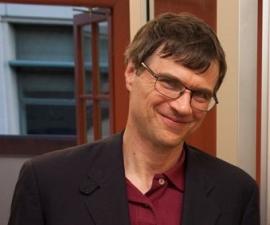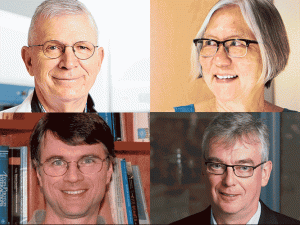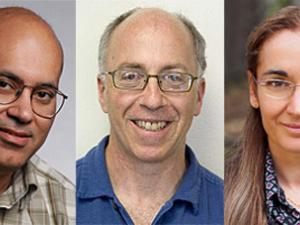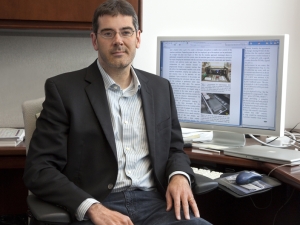

Research Bio
Professor Head-Gordon's group performs research on the development and application of electronic structure theories, to permit the treatment of problems that are currently beyond the reach of standard methods. The electronic structure problem is to calculate the properties of a molecule from first principles quantum mechanics, with the objective of obtaining information on structure and reactivity. Since this information is crucial to understanding and controlling the chemistry of molecules, applications of electronic structure theory play an important and growing role in many areas of chemistry.
At the same time, there are fundamental problems with the current standard electronic structure methods. Standard theories are not capable of correctly breaking chemical bonds or describing dark excited states that control photochemistry, without resorting to specialist multireference methods. Standard electronic structure methods have computational costs that rise as unphysically steep powers of the number of atoms in the molecule. This makes application to large molecules and molecular assemblies unfeasible at present, particularly with the most accurate methods. Additionally there is a need to bridge the large gulf that exists betweeen the methods by which electronic structure calculations are performed and the way in which the physical insight is extracted from the calculations.
Professor Head-Gordon and his group are performing research that aims to address issues such as those identified above, to build the next generation of electronic structure theories. This research combines fundamental quantum mechanics and many-body theory with aspects of applied mathematics, numerical analysis, and high performance computing. Exciting progress has been made over the last few years in the design of density functionals, new linear and low-scaling algorithms for fast electronic structure calculations, and the design of new models for molecules in ground and excited states. Energy decomposition analysis (EDA) to obtain insights into bonded and non-bonded interactions is an active area of research. Additionally, challenging chemical applications, often in collaboration with experimental groups, are performed in diverse areas of chemistry to exploit new theoretical developments, and to further probe the limitations of standard methods. Recent examples include predicting x-ray absorption spectra, catalysis modeling, interstellar chemistry, and fundamental aspects of chemical bonding.
Research Expertise and Interest
theoretical chemistry, electronic structure calculations, development of novel theories and algorithms, quantum mechanics
In the News
London’s Royal Society elects four from Berkeley
Five Berkeley scientists named to National Academy
Berkeley Lab to Develop Novel Materials for Hydrogen Storage
Lawrence Berkeley National Laboratory is aiming to solve how to store enough of hydrogen-powered fuel cells, in a safe and cost-effective manner, to power a vehicle for 300 miles by synthesizing novel materials with high hydrogen adsorption capacities.
Three faculty members elected to American Academy of Arts and Sciences
Sociologist Claude Fischer, cognitive scientist Michael Jordon and theoretical chemist Martin Head-Gordon have been elected members of the American Academy of Arts and Sciences.



